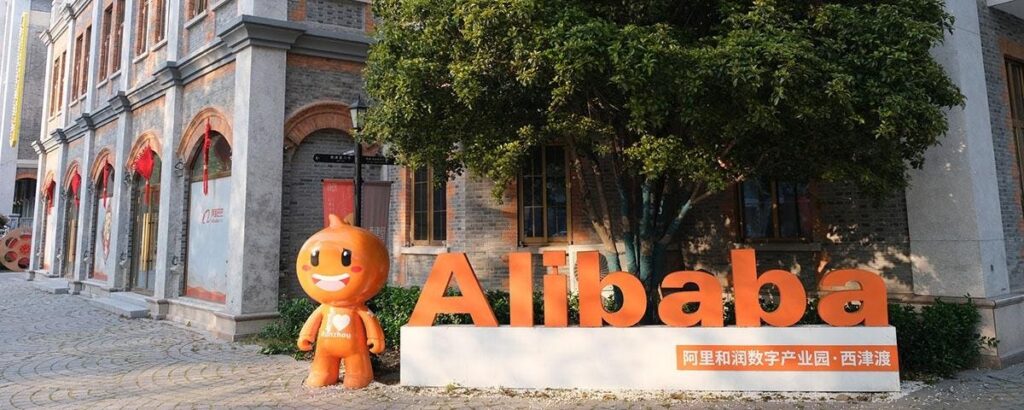Key News
Asian equities traded quietly overnight as investors remained cautious amid ongoing developments in the Middle East, with the US dollar strengthening against local currencies.
Both Hong Kong and Mainland China opened higher but quickly faded on light volume, as value, dividend, and low-volatility factors outperformed growth stocks. Hong Kong internet stocks held up better than most, even as several growth subsectors, including biotech and EV/hybrid, saw profit-taking, with notable declines in highflyers like Pop Mart (-6.04%), Laopu Gold (-6.67%), and Mixue Group (-5.85%).
Biotech stocks fell despite the National Medical Products Association’s proposal to fast-track drug clinical trial approvals to 30 days. Alibaba rose 1.68% following the release of its updated Qwen3 AI model, which is believed to power Apple AI on iPhones sold in China. This development lifted Apple’s ecosystem in anticipation of Apple enhancing its offerings in a key market where it has recently lost share to Huawei. Other internet stocks bucking the trend included Tencent (+0.79%), Bilibili (+0.18%), Trip.com (+1.31%), and JD.com (+0.46%), while Meituan (-0.5%), KE Holding (-0.79%), Baidu (-0.18%), and NetEase (-0.58%) lagged.
A potentially positive sign for internet stocks emerged as the State Post Bureau reported that express delivery revenues increased in May by 8.2% year-over-year to CNY 125.5 billion, with volume up 17.2% year-over-year to 17.32 billion packages. Yesterday’s Goldman Sachs report on China’s “Prominent 10” growth stocks was widely publicized, highlighting leading names expected to benefit from a more favorable regulatory environment and AI investments.
The Beijing municipal government announced an expansion of its consumer subsidy program, adding an extra 5% to the existing 15% subsidy on smart toilets, smart door locks, floor sweepers (including robotics), and garbage disposals. The program also maintains a 15% subsidy for digital products such as mobile phones, tablets, smart watches, and home appliances including refrigerators, washing machines, TVs, air conditioners, computers, water heaters, stoves, and range hoods.
The rebound in Hong Kong’s stock market has led to an uptick in IPOs and secondary placements, increasing overall supply. Demand for Chinese equities is growing among non-US investors, though it remains moderate, as Southbound Stock Connect volume accounted for 56% of Hong Kong volume today, the fourth consecutive day above 50%.
Today’s examples of increased supply include Chow Tai Fook Jewellery Group (-7.29%) after raising $1.1 billion in a convertible bond, chatter about Unitree Robotics going public, Horizon Robotics announcing a HK$4.7 billion private placement, and ride-hailing company Caocao filing for a $233 million Hong Kong IPO. Mainland-listed Lakala Payment surged 16.16% after revealing plans to relist in Hong Kong.
Mainland stocks slipped slightly more than Hong Kong as the market continues its slow upward grind. A mainland media article noted the rise in consumption stocks, excluding Moutai stocks like Kweichow Moutai (+0.33%) and Wuliangye Yibin (-0.47%). It is evident that the widely held leaders from a few years ago have been replaced by tech and growth names.
The Lujiazui Forum begins tomorrow, with a Shanghai-Hong Kong financial cooperation agreement widely anticipated. The Guangzhou Municipal Bureau of Commerce announced plans to “Boost Consumption in Guangzhou,” including the complete removal of purchase, sale, and price limits for real estate, as well as reductions in down payment ratios and loan interest rates. Meanwhile, EU leaders took a tough stance on China at the G7, though it remains unclear whether this is rhetoric or reality.
A recent Financial Times article titled “China’s $1.1tn asset manager becomes star player on ‘national team’” discussed the $140 billion invested in Mainland-listed China ETFs by Central Huijin, the financial services arm of China’s sovereign wealth fund. Some cited this as evidence of government intervention in free markets, while the article suggested the goal is to prop up the stock market.
However, the intervention has not yielded the desired results: in local currency terms, the Shanghai and Shenzhen Composites remained down until the September 2024 stimulus announcement. Despite significant government efforts, the market did not respond until meaningful stimulus was introduced. One reason the “National Team” cannot move the dial is that the market cap of mainland-listed Chinese stocks is close to $12 trillion, with a free float just over $10 trillion, making $149 billion insufficient to significantly impact the market. Alternatively, Central Huijin may simply view the mainland market as undervalued and is buying accordingly.
Today is June 17th, or 6/17. As a lighthearted aside, perhaps today should be called “Boston Day” in honor of Boston’s area code, 617.
Live Webinar
Join us Tuesday, June 17, at 10 am EDT for:
Carbon Update: EU Market Momentum & California’s Legal Landscape for Investors
Please click here to register
New Content
Read our latest article:
Navigating Global Crosswinds: Carbon Markets Respond to Tariff Tactics and Executive Orders
Please click here to read
Last Night’s Performance
Last Night’s Exchange Rates, Prices, & Yields
- CNY per USD 7.18 versus 7.18 yesterday
- CNY per EUR 8.30 versus 8.31 yesterday
- Yield on 10-Year Government Bond 1.64% versus 1.64% yesterday
- Yield on 10-Year China Development Bank Bond 1.70% versus 1.72% yesterday
- Copper Price +0.29%
- Steel Price +0.20%
Read the full article here

